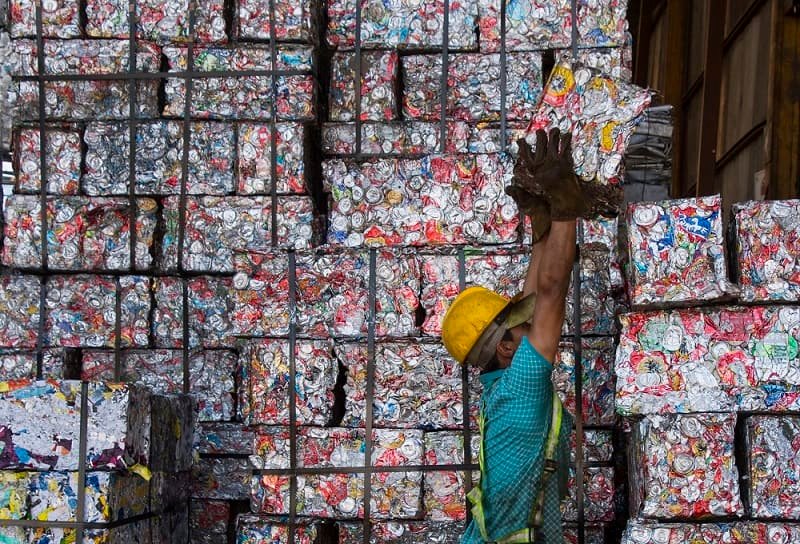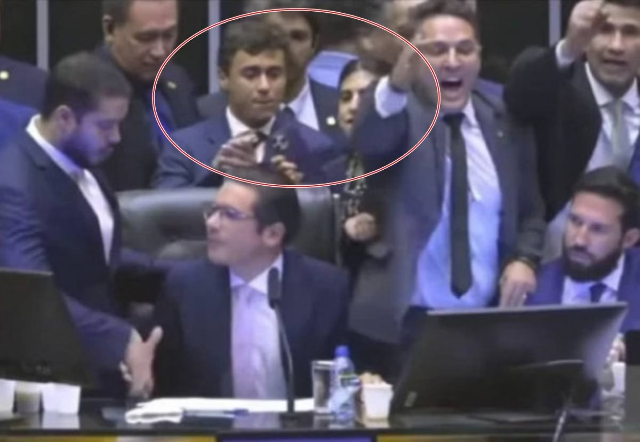Costa Rica is facing a solid waste crisis. The country generates more than 4,000 tons of solid waste each day, an estimated 80% of which could be recycled or reused. Yet, due to widespread regulatory failure and institutional inaction, much of this waste ends up accumulating without proper management.
This growing crisis is the result of decades of neglect, legal noncompliance, and evasion of responsibility. Since 2010, Law 8839 on Comprehensive Waste Management has required municipalities to develop and implement cantonal waste management plans.
Under Law 8839, municipalities must promote waste prevention, recycling, and proper final disposal. This includes investing in environmental education, creating waste recovery centers, and implementing systems for separate waste collection. Yet, the majority have failed to do so.
In light of this inaction, the Ministry of Health has issued a categorical call for municipalities to fulfill their legal duties and take responsibility for local waste management. The ministry has emphasized that the failure to comply with Law 8839 is not only illegal, it directly threatens public health and environmental sustainability.
The closure of the Río Azul landfill over 20 years ago marked a turning point, highlighting the urgent need for a long-term, sustainable model. Experts and institutions have long advocated for regionalization, where multiple municipalities collaborate on shared waste treatment facilities. This led to the creation of the Aczarri Environmental Technology Park (PTA) in Aserrí, a technically sound, intermunicipal solution designed to address the country’s growing waste management needs.
Despite this effort, many municipalities refused to engage with regional models or to develop viable alternatives. As a result, waste disposal was funneled into the El Huazo landfill, which has become dangerously overburdened, receiving waste from 35 municipalities instead of the intended five, and handling a daily load that surged from 675 tons to 2,600 tons.
“Today, we are on the brink of a national emergency,” warned Mary Munive, Minister of Health. “And let me be clear: this Costa Rican emergency is not the Ministry of Health’s fault. It is the result of more than twenty years of municipal neglect. Municipal autonomy is not an excuse to violate the law. It is not carte blanche to play with public health, and we will not allow it to block urgent solutions.”
To help address the crisis, Decree 44.947 was issued. It mandates that waste be managed within the same region in which it is generated and sets a maximum transport distance of 80 kilometers for final disposal. The goal is to localize waste treatment and reduce the environmental burden caused by excessive hauling.
Rather than complying with these requirements, some municipalities have argued that the 80-kilometer limit is unworkable due to outdated regional boundaries established in 1978, boundaries based on demographic and economic conditions that no longer apply.
The Ministry of Health is standing firm. “To those who are now tearing their hair out, I say: your protest is more than twenty years too late,” Munive stated. “Your cry should have been heard when solutions were needed—not excuses. We will not back down. This ministry is not here to please local interests. It is here to protect public health, and that is what we will do.”




